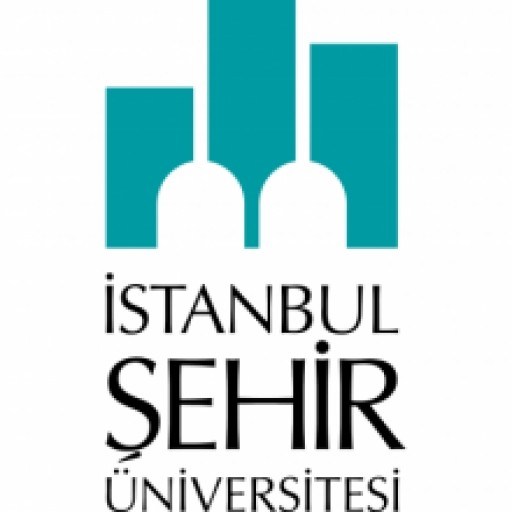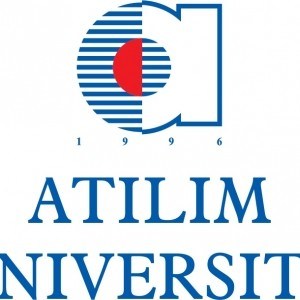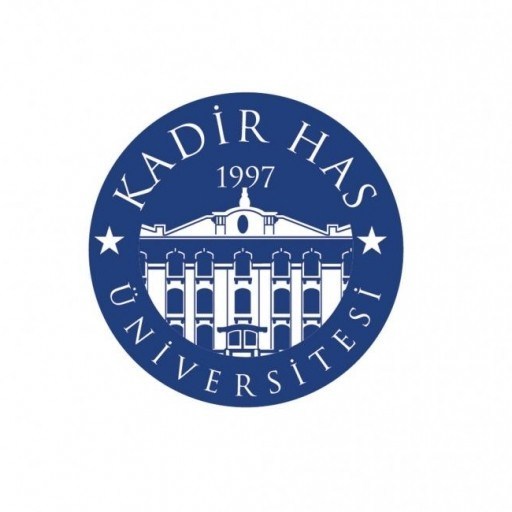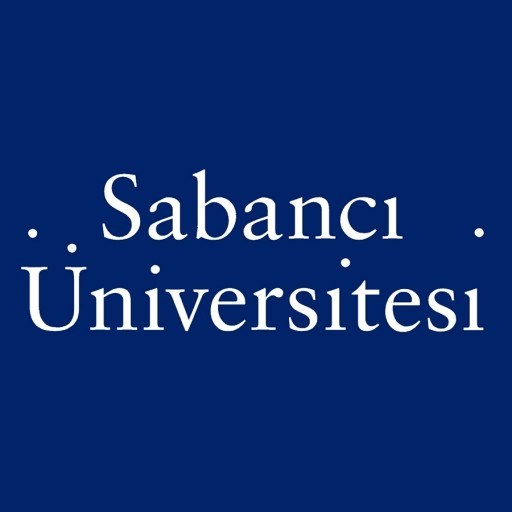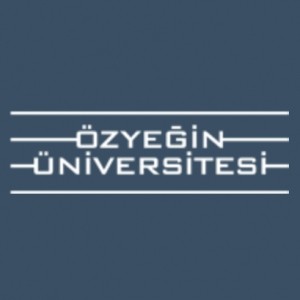Photos of university / #sehiruniversite
Industrial and Systems Engineering is a dynamic and interdisciplinary field dedicated to optimizing complex processes, systems, and organizations. At Istanbul City University, our Bachelor of Science program in Industrial and Systems Engineering is designed to equip students with the essential knowledge, skills, and practical experience needed to analyze, design, and manage various industrial systems and processes effectively. This program emphasizes a comprehensive curriculum that covers core topics such as operations research, production planning, quality management, supply chain management, ergonomics, manufacturing systems, and automation. Students will also gain proficiency in mathematical modeling, data analysis, and computer-aided design to develop innovative solutions for real-world challenges faced by industries today.
The program’s pedagogical approach combines theoretical coursework with practical applications, including laboratory work, industrial internships, and project-based learning. This ensures that graduates are well-prepared to meet the demands of rapidly evolving industries like manufacturing, logistics, healthcare, and service sectors. Our experienced faculty members bring expertise from academia and industry, guiding students through the latest advancements and industry standards. Additionally, the program fosters critical thinking, teamwork, communication skills, and ethical responsibility, which are vital qualities for leadership roles in engineering management.
Graduates of the Industrial and Systems Engineering program at Istanbul City University are highly sought after by employers for their ability to streamline processes, improve productivity, and implement innovative technology solutions. They can pursue diverse career paths, including system analyst, production manager, supply chain coordinator, quality assurance specialist, and operations consultant. The program also provides a solid foundation for those interested in further education and research in engineering and management fields. With a strong emphasis on sustainable and efficient systems, our graduates are prepared to contribute positively to the development of industry and society at large, addressing complex problems with innovative engineering solutions.
Bachelor of Science in Industrial and Systems Engineering at Istanbul City University is a comprehensive program designed to equip students with the fundamental principles and advanced skills necessary to optimize complex processes and systems across various industries. The curriculum integrates core engineering disciplines with specialized courses that focus on systematic problem-solving, process improvement, and efficient resource management. Throughout the program, students gain a solid foundation in mathematics, physics, and computer science, which serve as the basis for understanding and analyzing real-world industrial challenges.
The program emphasizes the development of skills in operations research, production planning, quality control, supply chain management, ergonomics, and automation. Students engage in hands-on projects and laboratories to apply theoretical knowledge to practical scenarios, fostering critical thinking and innovative solutions. The coursework also covers modern topics such as data analytics, simulation modeling, and enterprise resource planning (ERP), preparing graduates for the technological demands of the industry.
In addition to technical expertise, the program focuses on cultivating communication, teamwork, and leadership skills, which are essential for managing multidisciplinary projects and collaborating effectively in professional environments. Industrial and Systems Engineering students are encouraged to participate in internships and industry collaborations, providing valuable insights into current market practices and enhancing their employability.
The program aims to produce graduates who are capable of designing, analyzing, and improving systems in manufacturing, logistics, healthcare, service sectors, and beyond. By bridging engineering principles with management strategies, students are prepared to address modern challenges and contribute to the efficiency and sustainability of organizations. Upon graduation, students will be well-equipped to pursue careers in process analysis, quality assurance, project management, consulting, or further academic research in the field of Industrial and Systems Engineering.
Program Requirements: The undergraduate program in Industrial and Systems Engineering at Istanbul City University requires applicants to have completed secondary education or an equivalent qualification recognized by the Turkish Higher Education Council. Prospective students must submit a completed application form along with official transcripts demonstrating a strong academic background in mathematics, physics, and other sciences. English language proficiency is mandatory for applicants whose education was not conducted in English; therefore, a valid TOEFL or IELTS score must be submitted. The minimum required score for TOEFL is typically 80 (iBT), and for IELTS, it is usually 6.0 overall, though specific thresholds may vary each admission cycle. Some exemptions may apply for students who have completed their previous education in English-medium institutions. The admissions process may also consider standardized test scores such as the university entrance exam, if applicable. Once admitted, students are expected to complete core courses in mathematics, probability and statistics, operations research, and computer programming. The program emphasizes the development of analytical, problem-solving, and management skills necessary for designing, analyzing, and improving integrated systems across various industries. Students are required to undertake practical training, including internships or cooperative education, to gain real-world experience. Additionally, students must successfully pass all assigned coursework, meet the minimum attendance requirements specified by the program, and complete a graduation project or thesis in their final year. The program duration is typically four years, with students encouraged to participate in seminars, workshops, and industry visits to enhance their learning and job readiness. Program requirements also include adherence to university academic policies, participation in extracurricular activities, and maintaining a minimum GPA as specified by the university regulations.
The Industrial and Systems Engineering program at Istanbul City University offers various financing options to support students throughout their academic journey. Financial aid opportunities include scholarships, grants, and tuition discounts, which are designed to make quality education accessible to a diverse student body. Scholarships are available based on academic achievement, entrance exam scores, and socio-economic background, allowing outstanding students to benefit from full or partial tuition waivers. Additionally, the university collaborates with governmental and private sector organizations to provide sponsored scholarships and financial assistance programs.
Students can also explore installment payment plans, enabling them to pay tuition fees in manageable monthly or semester-based installments. These plans are tailored to meet individual financial circumstances and facilitate easier budget management. For international students, Istanbul City University offers specific scholarship programs that may include tuition discounts, accommodation support, and stipends, subject to eligibility criteria.
Furthermore, the university encourages students to seek external funding sources such as government loans, private scholarships, and sector-specific grants available in Turkey and internationally. The university’s financial office provides guidance and support for students applying for such funding, ensuring they are well-informed about available opportunities and application procedures.
Part-time employment options are another avenue to offset living and educational expenses. The university’s career services assist students in finding part-time job opportunities both on and off-campus, emphasizing roles related to their field of study to enhance practical experience while supporting their financial needs.
Overall, Istanbul City University strives to create an inclusive academic environment supported by comprehensive financing options, societal partnerships, and dedicated student assistance programs, aiming to minimize financial barriers and promote educational success in the Industrial and Systems Engineering program.
Industrial and Systems Engineering at Istanbul City University is designed to equip students with the skills and knowledge necessary to optimize complex processes, systems, and organizations across various industries. The program emphasizes a comprehensive understanding of engineering principles, mathematics, and computer science, along with practical applications in manufacturing, service industries, logistics, supply chain management, and quality control. Students are trained to improve efficiency, reduce costs, and enhance productivity by designing, analyzing, and managing integrated systems. The curriculum includes fundamental courses in engineering mechanics, thermodynamics, and materials science, alongside specialized classes such as operations research, systems modeling, simulation, and human factors engineering.
Students also gain proficiency in data analysis, programming, and software tools relevant to industrial engineering tasks. The program fosters skills in project management, strategic planning, and decision-making to prepare graduates for leadership roles in a variety of sectors. Practical training is integrated through laboratory work, industry internships, and project-based learning to ensure real-world experience. The university encourages collaboration with industry partners to keep the curriculum aligned with current technological and market trends. Graduates of the program are prepared for careers in manufacturing industries, logistics companies, consultancy firms, and government agencies, or can pursue further education in master's or doctoral programs. The faculty is composed of experienced academicians and industry experts committed to providing a high-quality education that combines theoretical foundations with practical applications. The program adheres to accreditation standards that ensure the quality of education and the international competitiveness of its graduates.
